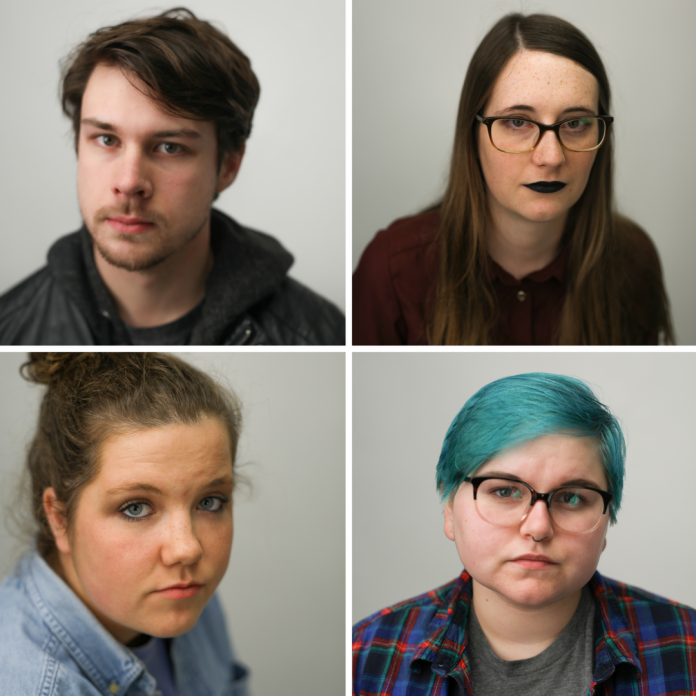
At a White House conference in 2013, President Barack Obama said, “We whisper about mental health issues and avoid asking too many questions. The brain is a body part, too. We just know less about it. And there should be no shame in discussing or seeking help for treatable illnesses that affect too many people that we love.”
Four years later, this observation has not changed in truth or relevance. As finals week approaches, students will most likely experience stress of some kind during the next week. The next week of feeling inescapable stress is only a small portion of what students dealing with mental health issues experience on a daily basis, and yet it is not talked about.
Senior Gage Mascoe, pictured above, was treated his sophomore year for symptoms of depression. He said, “I think there is a bit of a stigma against it. People tend to not want to talk about it in a constructive way. People tend to either romanticize it or not even believe it at all. Both are problematic.”
Many students who struggle with mental health issues feel that they are not taken seriously by older generations. “It feels like I have to go out of my way to justify myself with professors if my illness gets in the way of [school]work,” says fifth-year student MJ Hansen, who has been diagnosed and treated for depression.
Nevertheless, Hansen and other DePauw students are finding a way to survive - and endure - despite their struggles with mental illness. Senior Laurel Tilton is a Media Fellow, president of United DePauw, and a member of ITAP. Senior Olivia Page is on the board of DePauw’s Dance Marathon and an executive member of Order of Omega. Mascoe is active in DePauw’s theatre, and is an English writing major. Hansen was an executive member of Circle of Sisterhood, and worked with the counseling center last year.
Depression, anxiety and other mental illnesses do not define who these students are.






